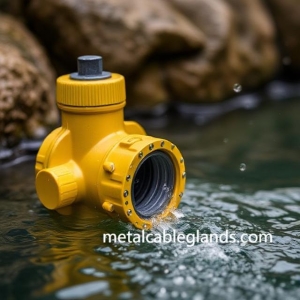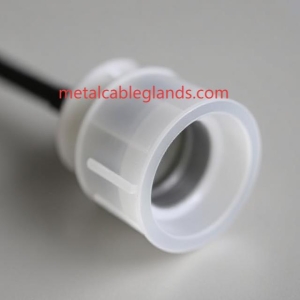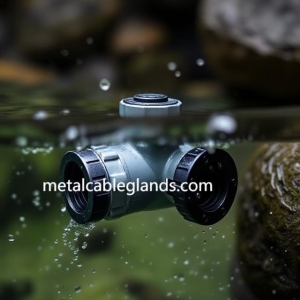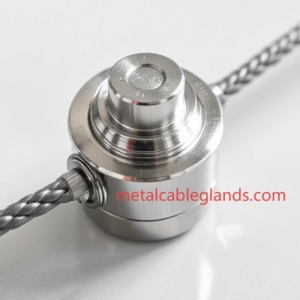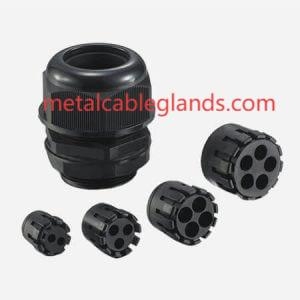In increasingly modular and mobile industrial setups, the demand for adaptable wiring solutions is rising—this is where the Flexible Steel Conduit plays a vital role. Mentioned here mid-sentence, the Flexible Steel Conduit provides not just flexibility in routing but also essential mechanical and electromagnetic protection, particularly in applications where motion, heat, or tight spacing is involved. Zhejiang Hongjuesi Connectors (HJSI) offers a full series of conduits engineered to meet these challenges across various industries.
Unlike rigid metallic conduits, flexible steel conduit can follow curved paths, navigate equipment contours, and absorb movement without stressing internal cables. This is especially important in robotics, CNC machinery, and automated handling systems where motion cycles are constant. HJSI’s flexible steel conduit is built using interlocked galvanized steel spirals, which offer strength, bendability, and structural integrity even under heavy mechanical loads.
Mobile systems—such as emergency power trailers, transportable data centers, or field-testing units—require wiring solutions that can be frequently repositioned or reconfigured. Flexible conduit makes these transitions possible without dismantling panels or rerouting rigid pathways. In such use cases, HJSI’s armored conduits maintain safe cable operation while withstanding transportation shock, vibration, and environmental exposure.
Flexible steel conduit also excels in heat-intensive environments. In steel mills, smelting operations, or engine rooms, cables are exposed to elevated temperatures that can deteriorate insulation. The metal sheath of the conduit acts as a heat-resistant barrier, shielding cables from external sources of thermal stress. HJSI offers high-temperature variants that can operate continuously in extreme conditions, preserving system integrity in places where other materials would fail.
In commercial buildings, such as malls, airports, and hospitals, flexible conduit is used to run wiring through ceilings, walls, and equipment closets where aesthetics and accessibility matter. The compact, low-profile routing made possible by flexible conduit helps reduce installation complexity while ensuring compliance with fire safety regulations. HJSI’s conduit systems are UL-listed, halogen-free, and available in versions with non-metallic coatings for indoor architectural use.
Cable repair and retrofitting projects benefit greatly from flexible conduit solutions. Whether replacing a damaged section or upgrading an existing control system, electricians can insert new cables into flexible steel conduit without tearing down walls or re-cutting rigid tubing. With a simple cut and reconnect method using Hongjuesi’s matching glands and locknuts, the process is efficient and minimizes downtime.
In terms of security, flexible conduit provides a layer of defense against tampering or accidental cable severing. Used in access control systems, ATM machines, and surveillance installations, the steel construction deters unauthorized access and extends the lifespan of sensitive control wiring. Zhejiang Hongjuesi also offers tamper-resistant fittings and secure locking accessories to support critical infrastructure deployment.
Because flexible conduit can accommodate slight misalignments between enclosure ports and cable origins, it is ideal for dense system layouts. HJSI’s flexible conduit is compatible with both metric and NPT threading and supports custom gland options to ensure a tight seal that maintains IP ratings even under pressure washdowns or outdoor exposure.
Whether in fixed plant systems or mobile technology units, Flexible Steel Conduit remains an essential component in the design of future-ready, reliable cable pathways. Zhejiang Hongjuesi Connectors delivers robust, installation-friendly conduit systems backed by technical expertise and global certifications. For product specs and ordering options, visit: https://www.metalcableglands.com/product/ .

